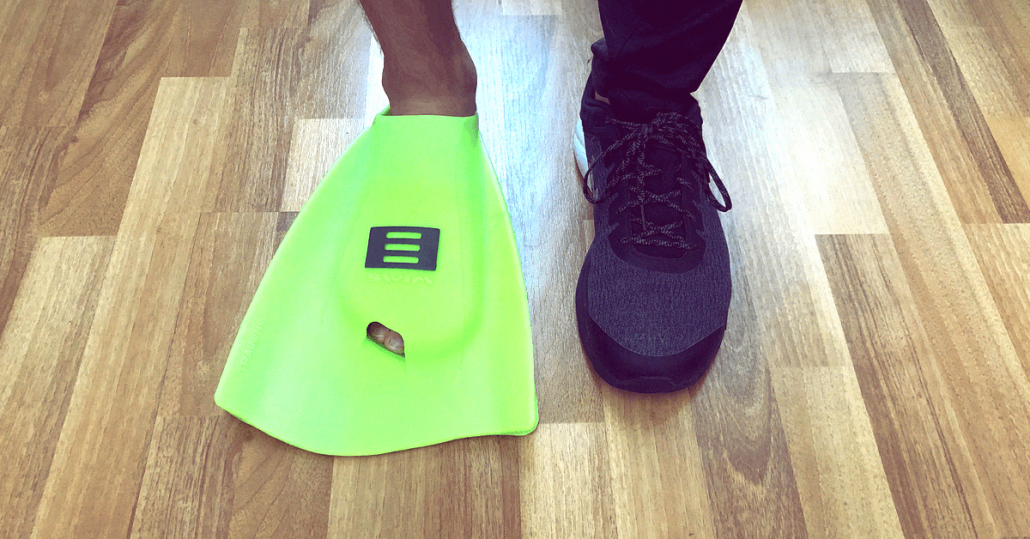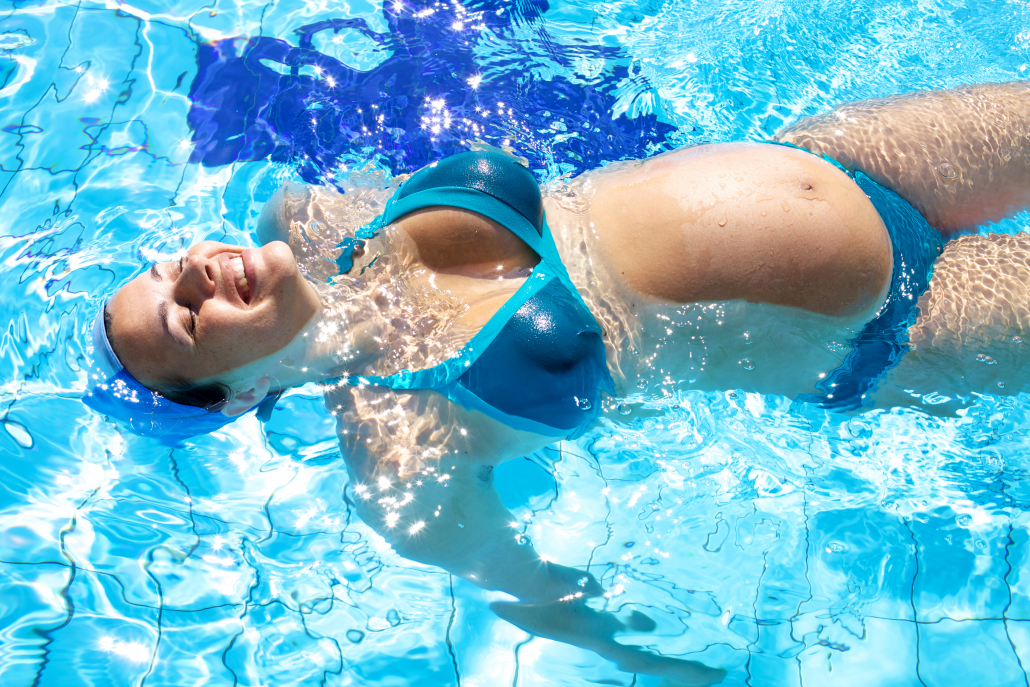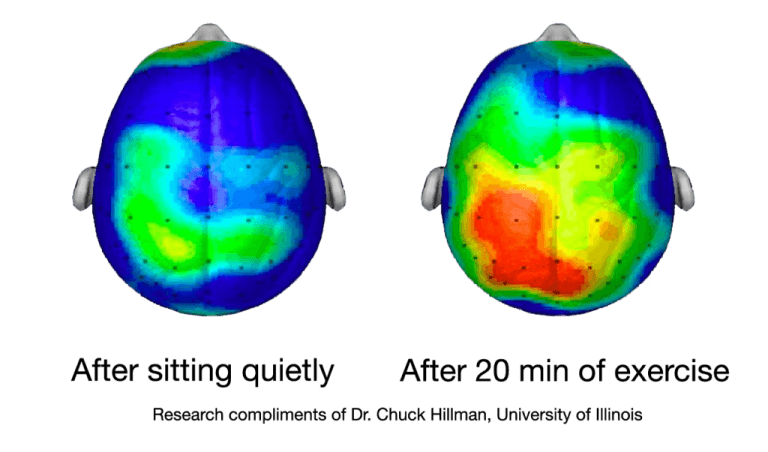We include products in articles we think are useful for our readers. If you buy products or services through links on our website, we may earn a small commission.
10 Powerful Benefits of Swimming

Swimming is a low-impact activity that offers many proven health benefits. It gently yet thoroughly exercises your entire body, improves your cardio, lifts your mood, and can be enjoyed by people of almost all ages.
Keep reading to discover what makes the fourth-most common activity in the United States so popular.
Table of Contents
Benefits of swimming #1: It’s a low-impact workout
Swimming is non-weight-bearing, which means it spares you from the wear and tear that you get from many other types of workouts. Swimming may still strengthen bones, though — it just does so differently than high-impact exercises like running.
Pro-recovery benefits of swimming
The gentleness of swimming makes it great for relaxation and recovery alike. While some sports are physiologically stressful enough to require days off, swimming is different. According to swimming expert Earl Walton, “you can swim at higher intensities on a regular basis without feeling wear and tear on your body.”
Research published in the International Journal of Sports Medicine agrees. One 2014 study found that swimming is better than complete rest when it comes to speeding recovery times.
Benefits of swimming #2: It works your whole body
Swimming has the unique distinction of being both a cardio and resistance exercise. According to physical therapist Bo Babenko, DPT, the activity “is phenomenal for conditioning, but it’s also uniquely beneficial for strength.”
When you swim, every part of your body gets a workout. Swimming works your arms, your legs, and their critical juncture: your core. It also strengthens your shoulders and improves their mobility.
At the same time, swimming raises your heart rate and gets your blood pumping. A 20-minute session is enough to hit all your major muscle groups.
Major health benefits of swimming
- Tones muscles
- Facilitates strength
- Increases endurance
Different swimming strokes work different muscles, too. Some of the most popular strokes include:
- Butterfly
- Sidestroke
- Backstroke
- Breaststroke
Benefits of swimming #3: It reduces stress
Most types of exercise reduce stress by causing your body to overcompensate for the mild stress of exercise.
Swimming’s anti-stress qualities are especially impressive. Like other activities, swimming provides a boost of post-workout endorphins and endocannabinoids — but there’s more to the story.
The mere act of getting in the water may have its own flavor of mood-specific benefits. Research has shown that being immersed in water helps your body process sensory information more fluidly, while at the same time promoting a deeper sense of calmness. Flotation tank therapy (and baths!) also seem to work through this sensory pathway.

Floatation tank therapy and swimming are both relaxing. Image from Lera Blog
Anti-aging benefits of swimming
Swimming’s anti-stress effects may be best reflected in its ability to turn back the biological clock.
Research from Indiana University shows that consistent swimmers are 20 years younger, based on biological function, than their actual age. This makes swimming great for your longevity and healthspan.
Swimming can shift metrics like blood pressure, cardiovascular health, central nervous system function, and muscle mass back to what might be seen in a younger version of you. Elders who swim tend to be stronger and more mobile than those who do not.
Other research backs this concept up. One study found that regular swimming was associated with nearly 30% lower mortality rates and 40% lower heart disease rates.
All these positives probably stem from stress reduction: a 2012 survey found that over 70% of participants experienced reduced stress levels after swimming.
Benefits of swimming #4: It’s easy on your joints
Swimming is low impact enough that nearly anyone can participate. It’s a safe type of activity for several groups that normally couldn’t exercise, including:
- People with injuries
- People with arthritis
- Those with disabilities
- Individuals going through rehab
Swimming vs. Running for Joint Health
Swimming is also very popular among ex-runners who develop tendonitis or other overuse injuries.
Swimming may help people who have injury-related pain and inflammation. Those with osteoarthritis may also experience less joint pain/stiffness and fewer mobility issues after a swimming session.

Swimming, or running? Image from Athlete Approved
Benefits of swimming #5: It’s great for your lungs
All exercise can benefit your lung capacity and function, but swimming exercises have a special lung-centric benefit. (Noticing a trend yet?)
The sporadic breathing seen during swimming workouts leads to positive adaptations. Over time your body learns to take up more oxygen in every breath — and then use this oxygen to generate efficient movement.
Swimming vs. running for lung health
One study found that swimmers had better tidal volume (air exchange) than other types of athletes. This improved tidal volume means swimming’s benefits can carry over to other sports, including running.
Doing deep, controlled breathing during your swimming exercises can also improve your running efficiency/economy.
Benefits of swimming #6: It’s safe during pregnancy
Swimming’s benefits don’t stop with the injured, immobile, or elderly. It also extends to women during pregnancy!
One animal study found that swimming mothers had babies with improved brain development. In theory, swimming may protect one’s offspring from neurological issues, though much more research is needed in this area.
One study found that women who swam throughout pregnancy had slightly lower chances of premature delivery. This same study showed that pool chemicals (like chlorine) didn’t outweigh swimming’s inherent benefits.
Swimming can be performed throughout all three trimesters in most cases. But of course, we recommend talking to your doctor before starting any swimming workouts during pregnancy.

Benefits of swimming #7: It can improve your sleep
A hard day’s work generally leads to a good night’s rest, but this effect can be especially pronounced when it comes to swimming.
One study of elderly adults with sleeping problems found that aerobic exercises — including swimming — improved sleep patterns and overall quality of life. Given that almost half of all older people experience insomnia, swimming may be even more valuable than once thought.
Benefits of swimming #8: It torches calories
When we say that swimming torches calories, we mean that almost literally.
It all has to do with thermodynamics, or the way that objects exchange energy and heat. Swimming burns extra calories because it forces your body to ‘rev up’ its metabolism in response to cold water.
The word “calorie” originally referred to the amount of fuel needed to raise the temperature of a substance by one degree. In the case of swimming, calories get burned in order to maintain the temperature equilibrium of you.
Calorie-burning benefits of swimming
For a real-life example of just how much calorie burn swimming can induce, look no further than Olympic swimmer Michael Phelps. At the height of his career he was consuming roughly 10,000 calories per day! That’s much more than his workout routine alone accounted for.
For the rest of us, the average person burns roughly 400-1,000 calories an hour while swimming. That’s more than what’s seen with walking, yoga, or elliptical running:
- 160-pound person, moderate-paced swim: 420 calories/hour
- 160-pound person, fast-paced swim: 700 calories/hour
- 200-pound person, fast-paced swim: 800 calories/hour
- 240-pound person, fast-paced swim: 900 calories/hour.
| Activity | Calorie burn @ 160 pounds |
| Rock climbing | 850 calories/hour |
| Jump rope | 750 calories/hour |
| Kickboxing | 700 calories/hour |
| Swimming | 600 calories/hour |
| Biking | 600 calories/hour |
| Dancing | 600 calories/hour |
| Walking | 300 calories/hour |
| Yoga | 300 calories/hour |
Benefits of swimming #9: It boosts your mood
Water has been a symbol of renewal and rebirth since ancient times.
Today, research is showing that this association is more than just symbolic. Studies hint that just being around water has a profound impact on one’s brain. This impact mirrors what’s seen with meditation and prayer. In other words, swimming may be a way to boost your health and mindfulness at the very same time.
One small study done on humans in 1992 found that people who made a habit of swimming felt less anger and depression than those who did not. This effect also extends to animals: a large animal study later confirmed swimming’s antidepressant effects.
Neuroprotective benefits of swimming
Even people with dementia may experience mood boosts from being in the water. One study discovered these mood-boosting benefits by putting participants through a 12-week long aquatic program.
“With further testing, this innovative intervention may prove effective in addressing some of the most challenging aspects of dementia care,” the study’s authors concluded. It’s likely that swimming triggers a similar effect.
Swimming seems to boost people’s mood by going straight to the source. A 2017 study found that being submerged in water increases cerebral blood flow by up to 10 percent!

Image from Lifehack
Benefits of swimming #10: It’s easy to get into.
Unlike other sports that require high-level skill or pricey equipment, swimming has a relatively low financial barrier to entry.
The first step of getting into swimming is also the simplest: find a pool or safe body of water. Gyms and community centers are both great bets.
From there, practice is the name of the game. Most good facilities will have swim instructors that can help you hone and refine your swimming technique.
Practical benefits of swimming
Once you do become proficient at swimming, a whole new world of possibilities opens up. You can jump off a boat, swim across the bay, or go snorkeling without fear. Swimming is great for your fitness and confidence!
Helpful swimming dos and don’ts
Don’t eat beforehand.
Eating before swimming isn’t nearly as dangerous as previously thought, but it’s far from ideal. Consider eating a light meal 2 or more hours prior to your swimming workouts.
But do stick to a nourishing diet.
A diet rich in organ meats may help fuel your swimming routine — rodents, at least, swim much longer if given beef liver! Other fat-soluble nutrients can help you make the most of your swimming routine, too.
Do bring the right gear
Bring a comfortable swimsuit to your swimming sessions. Swimming shoes and a swimming cap may be worthy additions, too. Choose functional items over fashionable ones and you’ll be just fine.
Also do bring a friend along
Swimming is exceptionally gentle and safe. But if the thought of getting in the water is intimidating, consider bringing a friend along to enjoy the workout with you.
Do consult your doctor first
If you have any medical conditions, it’s a good idea to check with your doctor before you start a new exercise program. People with skin conditions may need to take extra considerations, as chlorinated pool water can be more irritating for them.
The Outlook on Swimming
Swimming is a low-risk and high-reward activity, which is exactly what to shoot for when forming a good workout plan.
In case you needed more evidence, here’s one more study that testifies to swimming’s efficacy over the long run: a three-decade-long study looking at people aged 20-90 found that swimming can reduce one’s chances of dying prematurely.
To benefit from swimming without overtraining, we recommend swimming for 1-2 hours every week. The fitter you are, the more exercise you can do without wearing your body out — but always listen to your body and use its feedback to find the swimming routine that works best for you.






















